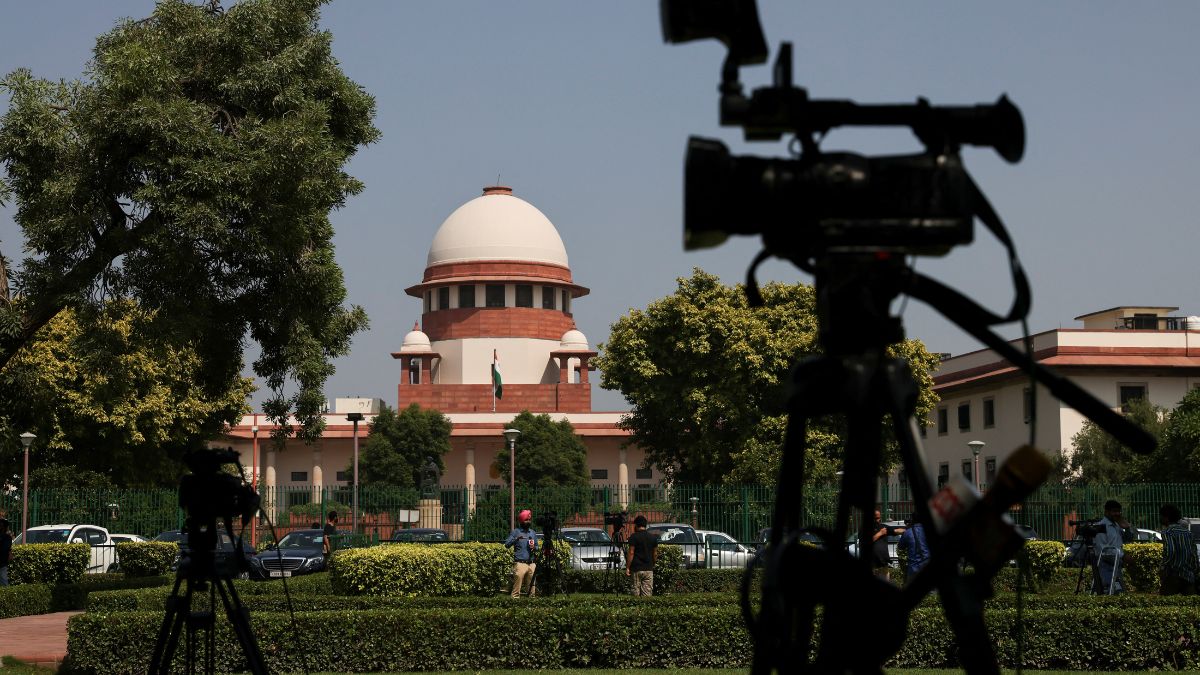The President does not have an absolute veto or pocket veto and has to take action on bills referred to by a Governor within three months, the Supreme Court has ruled in a landmark judgment.
The apex court passed a judgment on the State of Tamil Nadu v The Governor of Tamil Nadu and Anr, a copy of which was published on the SC’s official website, and held that the Governors cannot sit over bills passed by the state legislature indefinitely.
A bench consisting of Justices JB Pardiwala and R Mahadevan laid down the provisions of Articles 200 and 201 of the Indian Constitution as it passed the judgment.
The bench stated that the phrase “as soon as possible” in Article 200 conveys a sense of urgency and does not permit the governor to “sit on the bills and exercise pocket veto over them.”
“If a Governor withholds assent, he must return the Bill with reasons under the first proviso to Article 200. Simpliciter withholding without explanation is unconstitutional and violates the principle of transparency under Article 14,” the court noted.
Meanwhile, even the President’s decisions over bills are subject to judicial reviews under Article 201, the top court said, adding “the grant of assent under Article 201 has an element of political hue by virtue of the fact that the President under Article 201 has been given the prerogative to decide whether the grant of assent in certain cases would be desirable or not”.
The Supreme Court emphasised that when a bill is reserved due to questions concerning its Constitutional validity, the executive must not take on the role of the judiciary in assessing the vires of the bill. Instead, such matters should, as a standard practice, be referred to the Supreme Court under Article 143.
Impact Shorts
More Shorts“We have no qualms in stating that the hands of the executive are tied when engaging with purely legal issues in a bill and only the constitutional courts have the prerogative to study and provide recommendations as regards the constitutionality of a bill,” the bench said.


)

)
)
)
)
)
)
)
)



